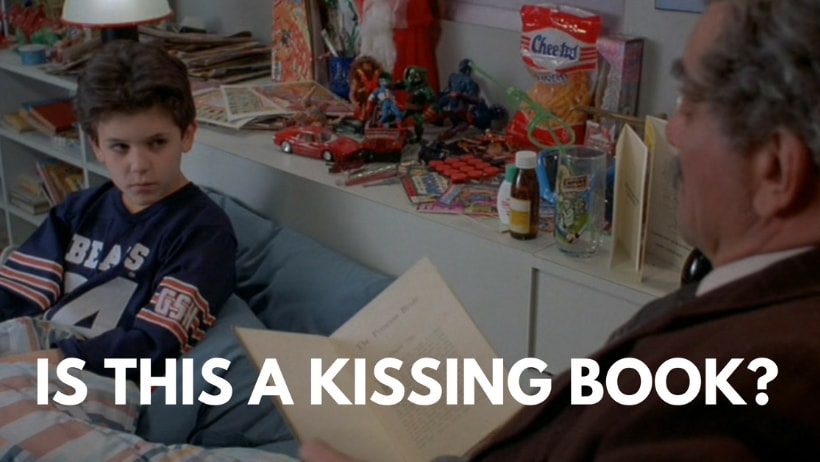The Bible is a kissing book. Who knew? In fact, kissing in the Bible serves a significant purpose, and it’s not always a romantic one. This week’s parshah, Vayishlach, again shows us interaction between Jacob and his brother Esau. The last time these two were together, Esau didn’t seem too attached to his birthright blessing until it had been given to Jacob, and Jacob didn’t care much about his brother’s right to the blessing until his brother threatened to kill him. Now, twenty years or so later, we find the brothers on a path to meet again. Both are now married and fathers of large clans, and both have large flocks with them.

When the brothers are reunited there is a scene that, on the surface, appears to be a straightforward reconciliation between two estranged brothers. They hug, they kiss, they move on. But anyone who is familiar with sibling relationships knows that this is no ordinary reconciliation. After all, Esau is usually looking out for himself and no one else, and his actions are almost always motivated by hatred. To see him kiss and hug his brother as only a close family member would feels foreign based on previous passages in the Torah.
We often express ourselves more through body language and actions than through words, and a kiss is one of the most intimate forms of expression. But this simple gesture can mean a lot of things. Of course there’s the passion and excitement of a first kiss or the tender kiss from parent to child, but we also use the term metaphorically. “The kiss of death.” “Kiss and tell.”
Shiri loves to give silly kisses. At bedtime we used to go through at least a dozen different silly kisses before she’d finally agree to go to her crib. There was the tiny kiss, the baby kiss, the monster kiss, the pineapple kiss (not even the silliest one, believe me). Each one had some different noise or expression that went with it, and you can bet Shiri would let me know if I did the expression wrong.
Clearly kisses can mean a variety of things, so what did the kiss between Jacob and Esau mean? Was it simply an act of fraternal love, or was it shallow and conciliatory and just for show? Certainly this is one of those Torah portions that asks us to draw our own conclusions. Kisses from mother to daughter, from spouse to spouse, and from sibling to sibling are all very different, even without the baggage that Jacob and Esau brought to their reunion. So perhaps the meaning, like the gesture itself, is to remain between two people and two people alone.
Good luck will rub off when I shake hands with you. Or blow me a kiss, and that’s lucky too. –“Chim Chim Cheree” from Mary Poppins.
-Rabbi Eve Posen
Source: Blow Me a Kiss – Parshat Vayishlach 5777 – Rabbi Eve Posen



